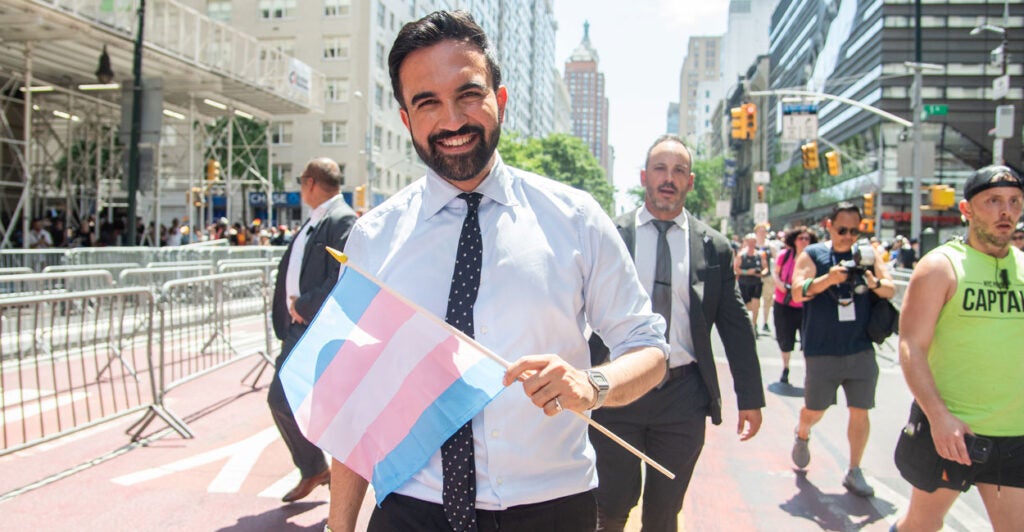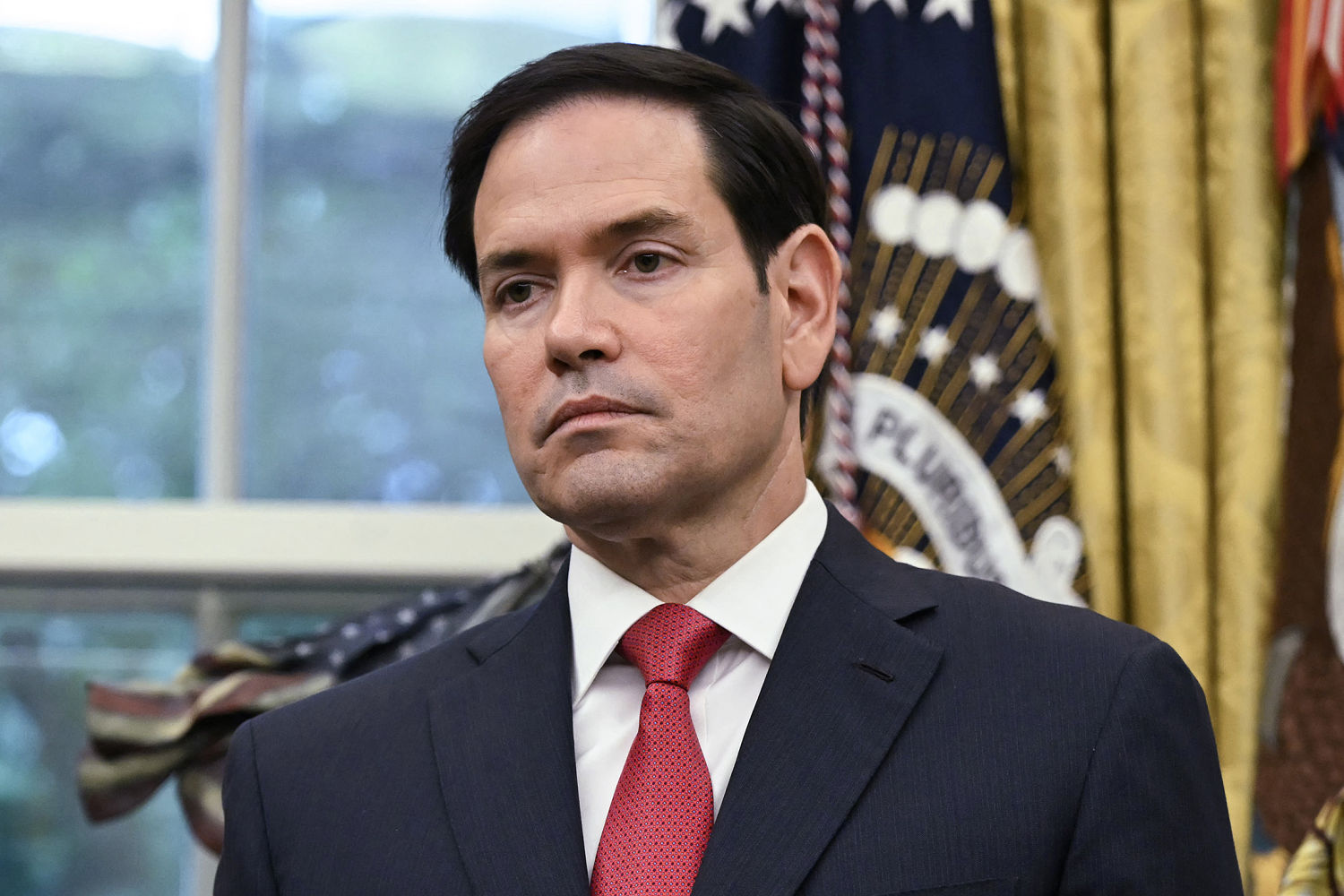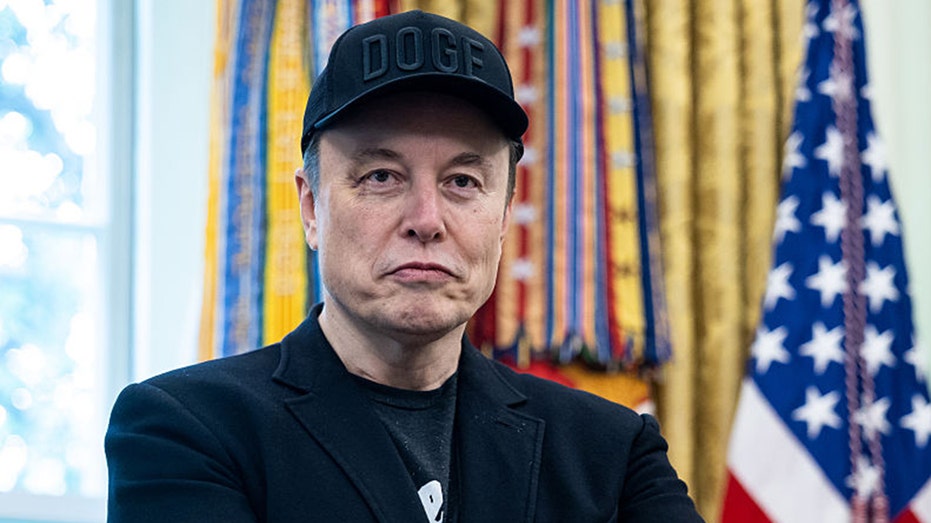The meteoric rise of New York City Democrat mayoral nominee Zohran Mamdani poses a major question for Washington Democrats—is his brand of Palestinian activism, economic interventionism, and pro-LGBTQ+ rhetoric the future of their party?
The 33-year-old state assemblyman’s trouncing of former New York Gov. Andrew Cuomo in the city’s party primary has brought to light a host of controversial positions: supporting taxpayer-funded transgender surgeries on his campaign website, proposing government-run grocery stores, and refusing to condemn the phrase “globalize the intifada,” among other things.
Asked how he views a candidate who does not condemn phrases which many consider genocidal, Ken Martin, the chair of the Democratic National Committee, chose a live-and-let-live approach.
“There’s no candidate in this party that I agree 100% of the time with,” he replied.
“To be honest with you, there’s things that I don’t agree with Mamdani that he said. But at the end of the day, I always believe … that you win through addition, you win by bringing people into your coalition. We have conservative Democrats, we have centrist Democrats, we have labor progressives like me, and we have this new Democrat, which is the leftist.”
But what works in New York City might not work in the swing districts and swing states that decide who has power in Washington.
But Sen. John Fetterman, D-Pa., who has consistently supported Israel, said of Mamdani, “Everything that I’ve read on him, I don’t really agree with virtually any of it politically. So that’s just where I’m at as a Democrat. I mean, he’s not even a Democrat, honestly.”
Fetterman, much like swing-state Democrat Sens. Ruben Gallego of Arizona and Elissa Slotkin of Michigan, has generally chosen moderated rhetoric over doubling down on progressive rhetoric since Republican President Donald Trump’s victory in November.
 Zohran Mamdani (Noam Galai/Getty Images)
Zohran Mamdani (Noam Galai/Getty Images)Slotkin, asked shortly after Mamdani’s mayoral primary victory how she interpreted the development, chose to focus on Mamdani’s cost-of-living proposals, while shying away from commenting on his more controversial platform planks.
“People, just like in November, are still really focused on costs and the economy, and their own kitchen table math, and they’re looking for a new generation of leadership,” Slotkin said, adding, “It reinforces that you may disagree on some key issues, but understanding that people are concerned about their family budget, that is a unifying thing for a coalition.”
Slotkin, who narrowly won her Michigan Senate seat in November by just over 19,000 votes out of more than 5.57 million cast, or 48.6% to 48.3%, emphasized economic issues throughout her campaign and warned as early as September 2024 that the Democrats’ presidential candidate, then-Vice President Kamala Harris, was “underwater in our polling.”
For now at least, Democrats in Washington appear to not know what to do with Mamdani.
House Minority Leader Hakeem Jeffries, D-N.Y., has still not endorsed Mamdani, despite his primary win. When asked, he consistently chooses to mention Mamdani’s proposals to address the high cost of living in New York City.
Jeffries has applied a bit of pushback against Mamdani’s rhetoric on the Israel-Hamas war, though, particularly his repeated refusals to condemn “globalize the intifada.”
“‘Globalizing the intifada,’ by the way of example, is not an acceptable phrase, and he’s going to have to clarify his position on that,” Jeffries said after Mamdani’s victory.
“With respect to the Jewish communities that I represent, I think our nominee is going to have to convince folks that he is prepared to aggressively address the rise in antisemitism in the city of New York.”
It remains to be seen how Mamdani’s rise as a national face of the Democratic Party will affect Democrats’ chances outside of their dark-blue urban centers of support.
Democrats are seeking Senate seat pickups in 2026, for example, in states such as Maine and North Carolina—far removed from New York.
Vice President JD Vance has accused Mamdani of creating a coalition of “downwardly mobile, college-educated people” and carved-out ethnic blocs by pandering to shared hatreds.
“That’s an interesting coalition. Maybe it works in the New York Democratic primary. I don’t think it works in the United States at large,” the vice president said in a July 5 speech in San Diego.
Rural America and moderate voters appear to be the target for Democrats going into the midterms.
The Democratic Congressional Campaign Committee is now running ads against GOP incumbents such as Rep. Derrick Van Orden of Wisconsin and Rob Bresnahan of Pennsylvania, accusing them of attacking rural hospitals with the recently passed Republican budget reconciliation bill’s restructuring of Medicaid.
Sen. Jon Ossoff, D-Ga., is also trying to appeal to moderate voters ahead of a difficult 2026 reelection campaign.
As Trump’s “Big, Beautiful Bill” was considered, he joined just three other Democrat senators to vote for an amendment to the bill that would have discouraged states from issuing Medicaid payments to illegal immigrants.
That’s a far cry from Mamdani who has openly called for “standing up for our sanctuary city policies” in New York City.
The post How Do You Solve a Problem Like Mamdani? Democrats Don’t Have an Answer appeared first on The Daily Signal.
.png)













 English (US)
English (US)